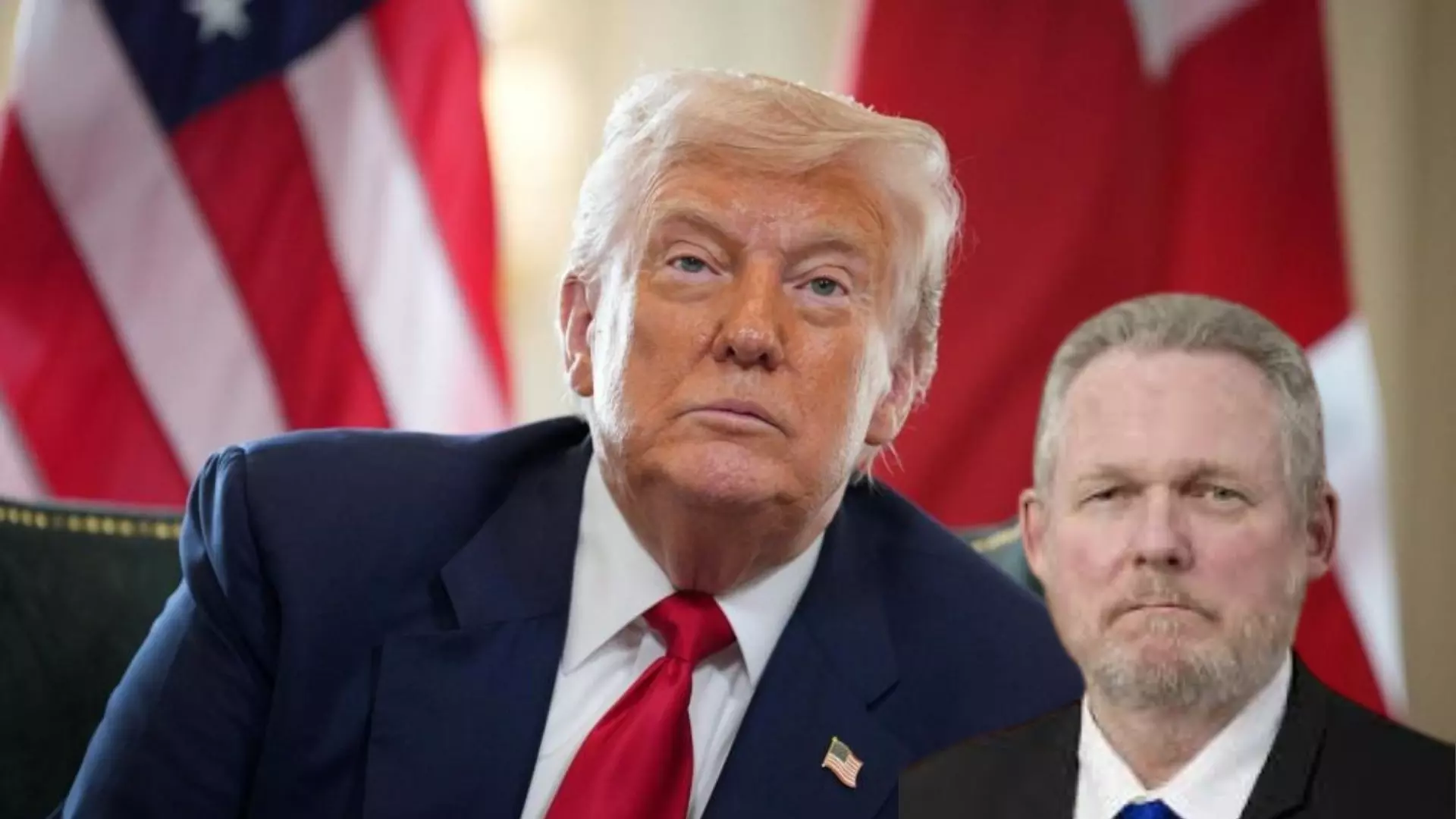
Can BRICS counter US tariffs? Former SA trade minister Rob Davies explains
Former South African Trade Minister Rob Davies warns of a collapsing trade order as US tariffs hit the Global South. Can BRICS mount a strategic counter?

Former South African trade minister Rob Davies, who has played a significant role in international trade negotiations, has warned that US tariff policies under President Donald Trump’s second administration are upending the rules-based global trading system.
Also read: Trump tariff crushes job-intensive sectors, spares those heavy on capital, tech
In this interview with The Federal, Davies discusses how the abandonment of multilateral trade principles is impacting developing countries, the future of the World Trade Organization (WTO), and whether BRICS can counter US dominance.
How would you describe the current challenges facing developing countries in global trade?
Since the first Trump administration, there has been a progressive abandonment of inconvenient rules of the multilateral trading system — rules that the global north itself helped craft during the era of globalisation and neo-liberalism. This shift has been driven by growing competition from major economies in the global south.
The US has selectively discarded these rules, a trend that continued under Joe Biden with a greater focus on industrial policy. Now, under Trump’s second term, the changes are far more sweeping. It is not just the Most Favoured Nation (MFN) principle that has been sidelined — US tariff bindings have been overturned, and “national security” measures have been applied far beyond anything the WTO would have permitted.
These moves have been tactically accepted by several countries that have struck transactional deals with the US in response to the tariffs. The result is a major restructuring of the global trading order to suit US interests.
Also read: Trump extends US' trade truce with China by 90 days
Trump’s “fair and reciprocal” tariffs are being called transactional, unilateral, and mercantilist. Is this a rupture or a continuation of US trade policy?
We are in the midst of an incomplete and contested transition to a multipolar world order. The US is losing its position as the uncontested global hegemon, and these measures aim to rebalance global trade — not to uphold a rules-based system, but to tilt it in Washington’s favour.
The stated objective is to address America’s trade deficit and loss of industrial capacity, demanding that the rest of the world accommodate US concerns. The less explicit, but equally important, aim is to push the global south into the role of primary product exporters.
Exemptions to the tariffs have consistently covered raw materials needed by the US, while value-added manufacturing exports from developing countries have been hardest hit. African nations, for example, are losing market access for products once supported under agreements like the African Growth and Opportunity Act.
Tariffs have also been imposed under Section 232 “national security” justifications on steel, aluminium, copper, and potentially pharmaceuticals, vehicles, and auto components. These measures directly threaten industrial development in many developing economies.
Former US trade representative Michael Froman has suggested moving to “open plurilaterals” in place of multilateralism. Do you see merit in that idea?
Froman is correct that the multilateral trading system is moribund. The WTO still manages to present minor outcomes as major achievements, so it may limp along for some time without collapsing entirely — but its influence is diminishing.
Departures from multilateral rules are not limited to the US. Other countries have also sidestepped WTO disciplines when convenient. For example, the disabling of the WTO appellate body allowed India and Indonesia to avoid rulings against key industrial policies, such as Indonesia’s export restrictions on nickel to promote local beneficiation.
The “open plurilateral” route reflects the US approach under the Obama administration: mega-regional trade agreements with extensive additional disciplines. Applied to developing countries, these would severely restrict policy space. I see little benefit in this approach for development.
Can BRICS counter US dominance in global trade, and what would it take to succeed?
BRICS is an important grouping with the potential to influence global trade, but it must act strategically. The agenda it has outlined — much of which remains under-implemented — is crucial. This includes strengthening economic cooperation among members, building alternative payment systems, and increasing intra-BRICS trade in a way that reduces dependence on the US-led order.
However, for BRICS to be an effective counterweight, it needs cohesive strategies, political will, and practical mechanisms to operationalise its vision. Without that, it risks remaining a forum of potential rather than a driver of change.
(The content above has been generated using a fine-tuned AI model. To ensure accuracy, quality, and editorial integrity, we employ a Human-In-The-Loop (HITL) process. While AI assists in creating the initial draft, our experienced editorial team carefully reviews, edits, and refines the content before publication. At The Federal, we combine the efficiency of AI with the expertise of human editors to deliver reliable and insightful journalism.)

